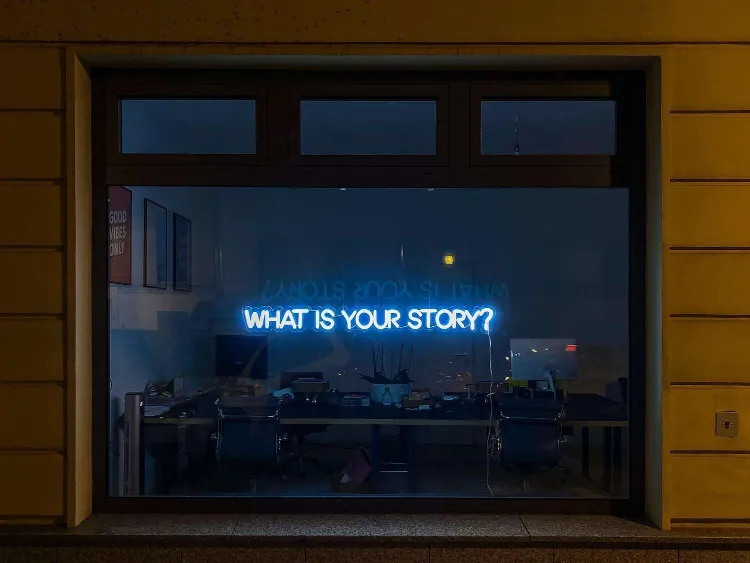Dissociating

Dissociation is a psychological phenomenon where one feels detached from themselves or reality. It’s a disconnection between your sensory experience and your thoughts, your sense of self, and even your personal history. For instance, many people experience a sense of unreality, losing connection to time, place, or even their own identity.
To learn more about dissociation and its effects, visit Mind UK.
It’s important to understand that dissociation disrupts four key areas of functioning, which are typically automatic for most people. These are:
- Identity
- Consciousness
- Self-awareness and awareness of surroundings
- Memory
Without a doubt, a disruption in any of these functions can lead to the symptoms of dissociation. What’s more, dissociation can manifest in various forms, ranging from a mild sense of detachment to a severe disconnection from reality.
My First Dissociation
My first dissociative episode occurred when I was 7 years old. I was in the school playground, and some boys had pinned me down. One of them tried to remove my knickers. I was motionless, silent, and did nothing.
At the time, I didn’t realise I was dissociating. It was never mentioned again, so how could I have known what was happening? It wasn’t until much later, after seeking help for my bulimia, that I became aware of what dissociation truly was. If you’ve experienced trauma and dissociation, PTSD UK offers valuable resources for understanding and healing.
I suffered greatly from dissociation during my struggles with bulimia, largely because I refused to accept I had a problem.
Does This Sound Familiar?
Even now, I still experience dissociative episodes, though they typically last only a few seconds. This is because I’ve learned to control them to some extent, but that doesn’t make them any less frightening.
Physically, it feels as though I’m not in this world. My skin sweats and tingles, I feel panic, and it becomes hard to breathe. My heart races, and I feel blank, as though I’m not present in the moment. It’s as if I’m observing everything from above or beside myself. If I’m not careful, it can spiral into a full-blown panic attack.
I’ve been told that my face goes blank during these episodes, and I often repeat the same phrases or get a distant look in my eyes.
According to Mind UK, many people will experience at least one dissociative episode in their lifetime. It often develops as a coping mechanism for dealing with trauma, which can also lead to post-traumatic stress disorder (PTSD).
If this resonates with you, you’re not alone. Dissociation is far more common than you might think. If you’re feeling overwhelmed, reach out to Samaritans for confidential support.
Why Does It Happen?

I’ve come to realise that I’ve always dissociated, particularly when overwhelmed by my surroundings or when discussing past events, such as my brain injury. However, dissociation isn’t solely linked to trauma. It can also occur for non-trauma-related reasons.
You’ve likely heard of the “fight or flight” response, where your body prepares to flee from danger by releasing adrenaline. Dissociation, however, goes a step further. It’s your brain’s way of shutting down, allowing you to “play dead” in the face of overwhelming stress or danger. This shutdown can make it nearly impossible to move, speak, or feel emotions, as your body prepares for shock.
Dissociation often develops as a coping mechanism for dealing with trauma, which can also lead to post-traumatic stress disorder (PTSD).
What Does It Feel Like?

The experience of dissociation varies from person to person. It doesn’t discriminate by age, gender, or ethnicity, and its effects can be difficult to pinpoint because they differ so widely. Some people may space out or enter a trance-like state, while others may feel intense rage.
Dissociation affects the way you think, feel, and behave. If you’re already aware of your dissociation, that’s a good start.
It’s crucial to address it promptly using the right techniques. If you’re not aware, it’s important to seek help as soon as possible, especially if you experience any of the following symptoms:
- Feeling numb or emotionless
- Feeling detached from your body
- Experiencing memory gaps
- Forgetting important personal information
- Feeling as though there’s someone else inside you
- Feeling as though the world around you isn’t real
- Referring to yourself as “we” instead of “I”
- Being told you’ve behaved out of character
Practise grounding techniques like focusing on the chair you’re sitting on or the floor beneath your feet. For more grounding exercises, visit Psychology Tools.
What Are the Triggers?
Dissociation can be triggered by a variety of factors, including:
- Stressful situations
- Lack of sleep
- Low blood sugar
- Emotional memories
Dissociation can be triggered by a variety of factors, including stressful situations, lack of sleep, or emotional memories. If you’re struggling to cope, Rethink Mental Illness offers practical advice and support.
Is There Anything You Can Do?

Yes, there are steps you can take to reduce the severity of dissociative episodes. For example, mindfulness apps like Headspace can help you manage stress and stay grounded. Additionally, books like The Body Keeps the Score by Bessel van der Kolk provide valuable insights into healing from trauma and dissociation.
Here are some strategies:
- Seek medical help. Professional support is essential.
- Ground yourself. Focus on something tangible, like the chair you’re sitting on or the floor beneath your feet.
- Prioritise sleep. Ensure you’re getting adequate rest each night.
- Use relaxation techniques. Practices like deep breathing or mindfulness can help manage stress.
- Exercise regularly. Physical activity can reduce anxiety and improve overall mental health.
Dissociation can be a challenging experience, but with the right support and strategies, it’s possible to regain a sense of control. If any of this resonates with you, don’t hesitate to reach out for help. You’re not alone, and there are ways to navigate through it.
Takeaway

It can indeed be challenging to diagnose dissociation and dissociative disorders, as many of the symptoms overlap with other mental health conditions, such as bipolar disorder or schizophrenia. This is why it’s always best to seek medical advice as soon as possible. Unfortunately, the very nature of these experiences can make individuals reluctant to seek help, which is part of the reason why dissociation is not widely diagnosed.
If you or someone close to you may be experiencing dissociative symptoms, it’s crucial to speak to a GP. They may refer you or them to a mental health specialist for further evaluation and support.
Be mindful of the signs of dissociation, as it’s possible to experience it without being fully aware. Sudden mood changes, difficulty remembering personal details about yourself or your life, and feeling disconnected from your surroundings or identity are all potential indicators of dissociation.
If you feel you are in danger or unable to cope, it’s vital to seek help immediately. Don’t hesitate to reach out to a healthcare professional, a trusted friend, or a support organisation like Shout UK. You don’t have to face this alone.
Recommended Resources
- Mind UK – Learn more about dissociation and coping strategies.
- The Body Keeps the Score by Bessel van der Kolk – A must-read for understanding trauma and dissociation.
- Samaritans – Confidential support for anyone in emotional distress.








